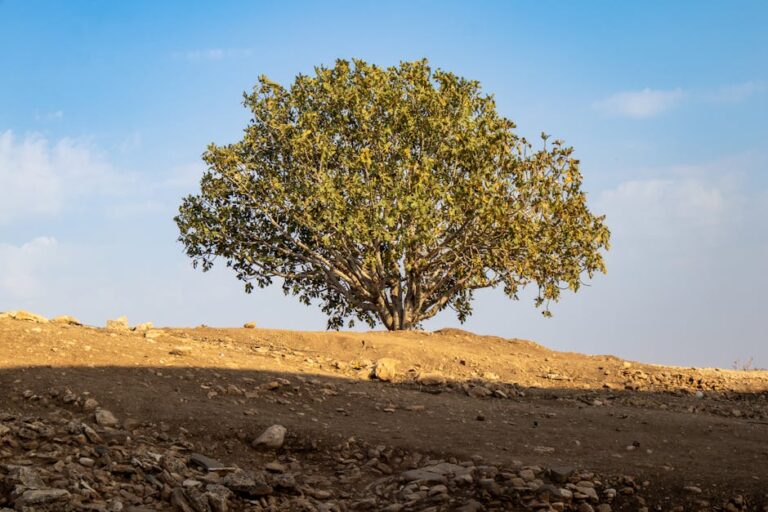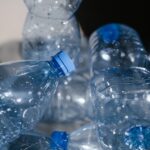Women solar technicians bring clean energy revolution to rural zanzibar communities

In the remote villages of Zanzibar, where nearly half of the archipelago’s 2 million residents lack access to electricity, a groundbreaking program is empowering local women to become solar power technicians—earning them the nickname “solar mamas.” Through Barefoot College International, these women are learning to install, maintain, and repair solar energy systems, bringing sustainable lighting to communities that have long relied on dangerous kerosene lamps.
The impact extends far beyond just illumination. Kerosene lamps, the primary lighting source for off-grid households, pose serious health risks including eye irritation, lung damage, and severe burns from accidents. By transitioning to clean solar energy, families are not only improving their health and safety but also reducing their carbon footprint and cutting household expenses on fuel.
However, the program faces significant obstacles in its mission to expand across Africa. Cuts to foreign aid funding threaten the initiative’s growth, while deeply rooted cultural norms present social challenges. In many communities, traditional gender roles dictate that women’s primary place is in the home, creating resistance to female technicians working in what’s traditionally considered a male-dominated field.
Despite these hurdles, the solar mamas are proving that women can be powerful agents of environmental change. Their technical expertise is transforming entire communities, replacing toxic fumes with clean energy while challenging societal expectations. As this program demonstrates, the path to sustainable development often requires not just technological innovation, but also social progress that recognizes and harnesses the potential of all community members.
This article was written by the EnviroLink Editors as a summary of an article from: Mongabay







